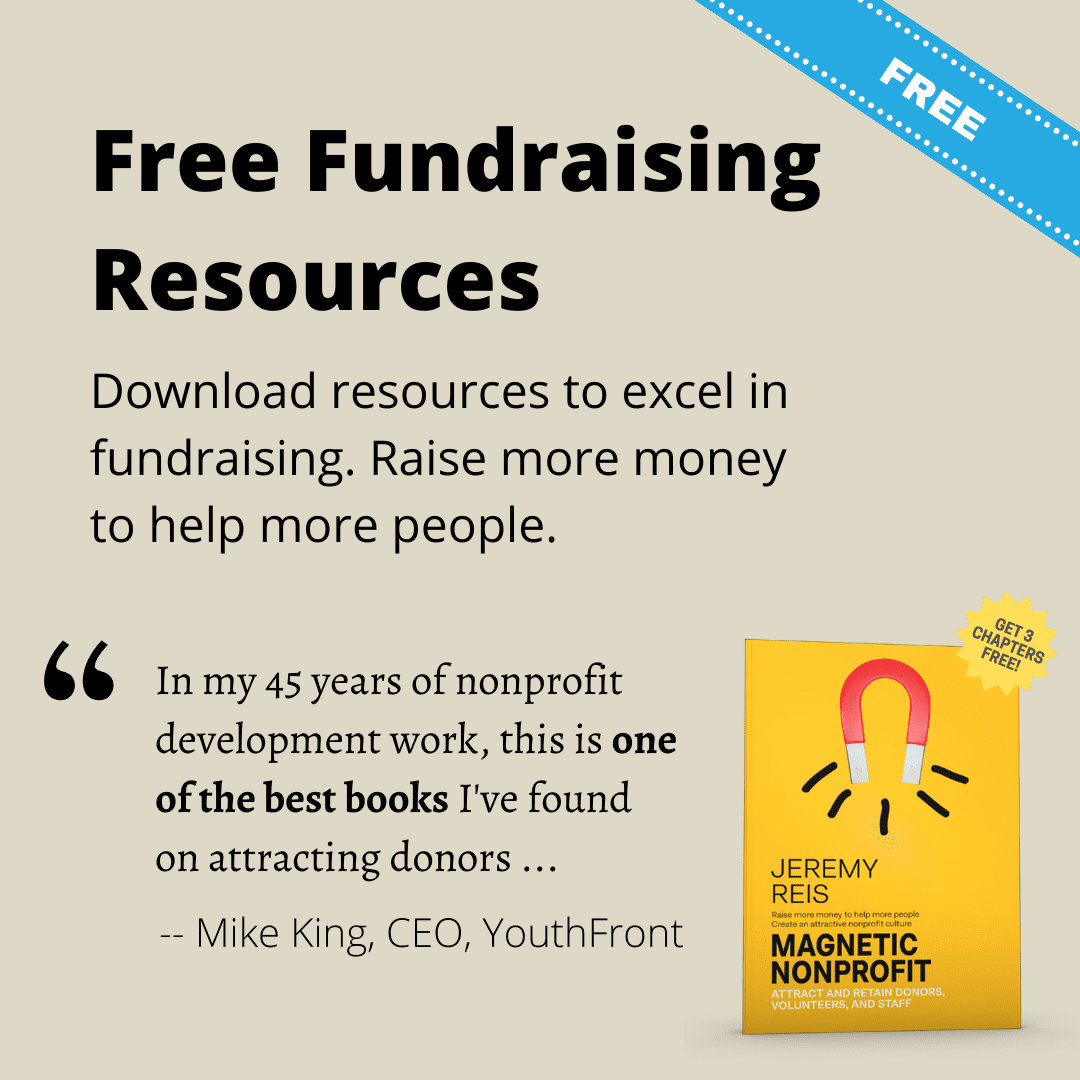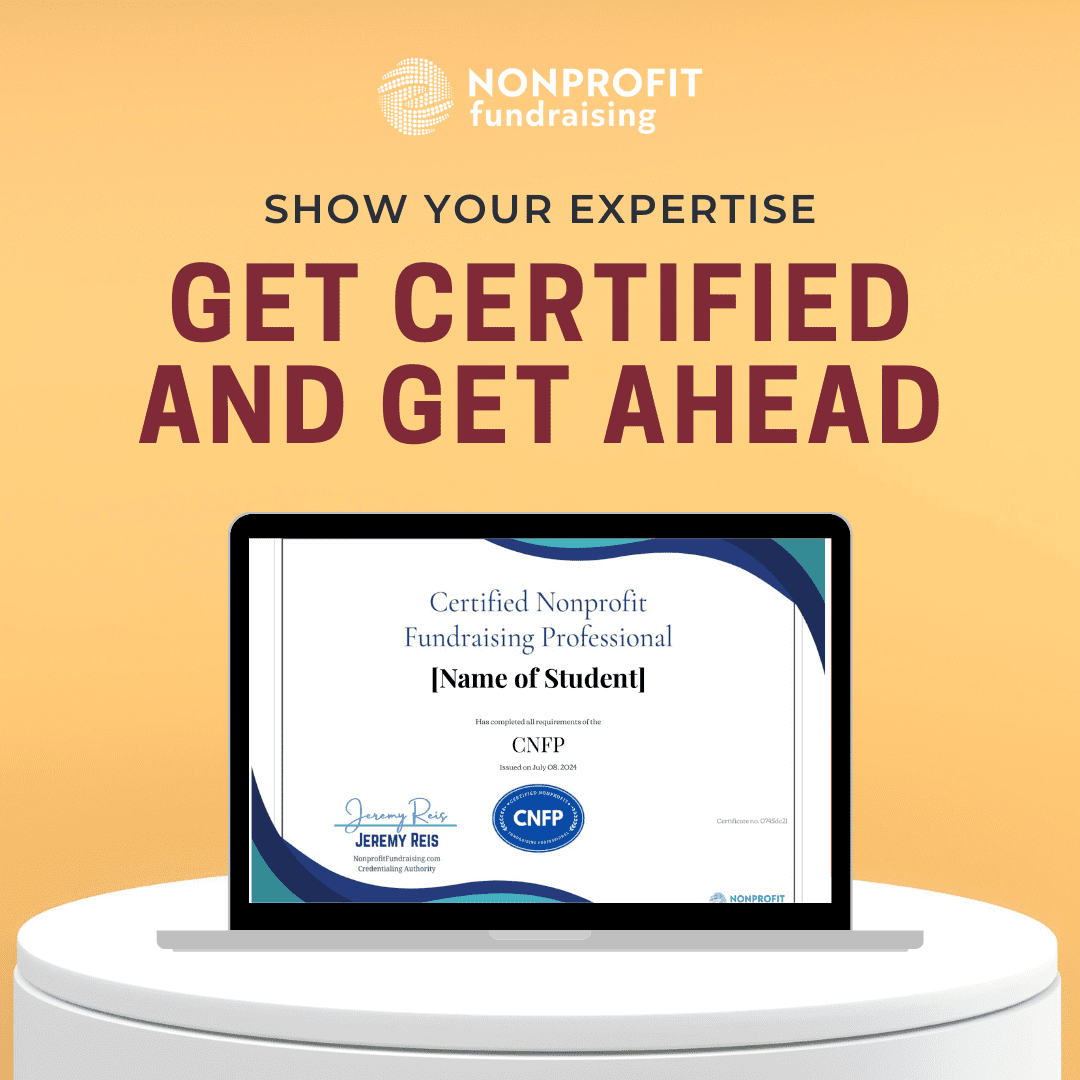In the heart of every successful nonprofit lies a commitment to a mission—whether it’s elevating education, providing disaster relief, or advocating for human rights. Yet, while passion and purpose are integral, a strategic approach to fundraising is the backbone that turns visions into tangible impacts.
Enter the Chief Development Officer (CDO), a vital role charged with leading fundraising efforts, cultivating donor relationships, and ensuring the financial health of an organization.
Hiring the right CDO can transform the future of a nonprofit, making the interview process crucial. As this role is a blend of strategy, leadership, and financial acumen, discovering the right fit requires a thoughtful line of questioning. Whether you’re an organization preparing to hire, or a potential candidate gearing up for the hot seat, understanding the depth and breadth of relevant interview questions is essential.
In this article, you’ll find fifty interview questions to help you find the right CDO – or prepare for your own interview for the role.
Background and Experience:
- Can you briefly walk me through your professional journey leading to this role?
- What nonprofits have you worked for previously, and what was your role in their development strategy?
- Describe a particularly successful fundraising campaign you spearheaded. What made it effective?
- How do you handle failed fundraising campaigns or initiatives?
- Can you share a time when you had to navigate a significant organizational change?
Strategy and Planning:
- How do you set and prioritize fundraising goals?
- How do you evaluate the ROI of a fundraising campaign?
- Describe how you integrate new fundraising trends into your strategy.
- How do you diversify your fundraising channels?
- How do you prioritize short-term revenue generation versus long-term donor relationships?
Leadership and Team Management:
- How would you describe your leadership style?
- How do you motivate and inspire your development team?
- Can you provide an example of a time when you had to resolve a conflict within your team?
- How do you ensure continuous training and professional development for your team members?
- How do you deal with underperforming team members or projects?
Stakeholder Engagement and Donor Relations:
- How do you build trust with potential major donors?
- Describe a time you managed a difficult relationship with a donor.
- How do you tailor your approach for individual, corporate, and foundation donors?
- How do you maintain and nurture long-term donor relationships?
- What strategies do you employ to re-engage lapsed donors?
Budgeting and Allocation:
- How do you handle budget constraints when planning a fundraising campaign?
- Describe a time you had to make tough budgeting decisions.
- How do you ensure that fundraising costs are optimized for the best ROI?
- How do you prioritize allocating funds to different programs or projects within the nonprofit?
Technology and Data:
- How do you leverage technology in your fundraising strategies?
- Describe your experience with donor management software.
- How do you use data and analytics to inform your development strategies?
- How do you ensure the data privacy and security of your donors?
Ethics and Values:
- How do you ensure that fundraising efforts align with the organization’s mission and values?
- Can you describe a time when you faced an ethical dilemma in fundraising and how you handled it?
- How do you address concerns or criticisms from stakeholders regarding fundraising strategies?
Adaptability and Challenges:
- How do you adapt your fundraising strategy in response to unforeseen challenges or external factors?
- Describe a particularly challenging time for fundraising in your previous role. How did you navigate it?
- How do you stay updated with changes in fundraising regulations and best practices?
Cultural and Organizational Fit:
- What attracts you to our nonprofit’s mission?
- How would you describe your experience working with diverse teams and stakeholders?
- How do you ensure that your fundraising strategies are culturally sensitive and inclusive?
Collaboration and Partnerships:
- How do you collaborate with other departments within a nonprofit?
- Describe a successful partnership or collaboration you facilitated in a previous role.
- How do you identify and vet potential partners for co-fundraising or campaigns?
Future Vision and Trends:
- Where do you see the future of nonprofit fundraising heading in the next 5-10 years?
- How do you incorporate innovative ideas or emerging trends into your strategies?
- What new fundraising channels or techniques are you excited about?
Skills and Tools:
- What skills do you believe are crucial for a Chief Development Officer in today’s nonprofit landscape?
- How proficient are you with digital fundraising tools and platforms?
- What techniques do you employ to tell compelling stories that motivate donors?
Personal Attributes:
- How do you handle stress or pressure, especially during peak fundraising seasons?
- How do you define success in your role as a Chief Development Officer?
- What is the biggest lesson you’ve learned in your career so far?
- Why should we choose you as our Chief Development Officer, and how do you see yourself contributing to our organization’s growth?
Tips for a Chief Development Officer (CDO) to Find Success in a Job Interview
- Research Thoroughly: Understand the nonprofit’s mission, values, past fundraising campaigns, key stakeholders, and its strategic goals. Demonstrating knowledge about the organization shows genuine interest and preparedness.
- Tell a Compelling Story: Your career journey should not only highlight your achievements but also reflect your passion for nonprofit development. Use anecdotes and specific examples to make your experiences memorable.
- Demonstrate Leadership: Speak to how you’ve led teams, resolved conflicts, and fostered collaboration among departments. Show that you can both lead and be a part of a team.
- Highlight Past Successes: Be ready with quantifiable achievements, such as successful fundraising campaigns, growth metrics, and partnerships forged. Numbers can make your impact tangible.
- Show Adaptability: Discuss times you’ve navigated challenges, adapted to changes, or pivoted strategies in the face of unexpected obstacles.
- Ask Thoughtful Questions: Inquire about the organization’s fundraising challenges, its donor base, or strategic vision. This shows your eagerness to engage deeply and think forward.
- Showcase Technological Proficiency: Given the digital age, discuss your experience with donor management software, digital fundraising platforms, and how you leverage technology in development strategies.
- Discuss Donor Relationships: Talk about how you’ve built, maintained, and even mended relationships with donors. Personalize it; maybe recount a particularly impactful donor relationship story.
- Present Your Vision: Be prepared to share your vision for the organization’s fundraising future. How do you plan to further its mission and maximize its impact?
- Emphasize Cultural Fit: Every nonprofit has a unique culture. Reflect on how your personal values align with the organization’s and discuss experiences where you’ve thrived in similar environments.
- Stay Updated: Show that you’re in touch with the latest trends, challenges, and best practices in nonprofit fundraising. Mention any recent courses, seminars, or literature you’ve engaged with.
- Practice Active Listening: While it’s essential to speak confidently about your achievements, it’s equally vital to listen actively, ensuring you address the interviewer’s queries thoroughly.
- Exude Genuine Passion: Nonprofits look for candidates who are truly committed to the cause. Let your passion shine through in your responses.
- Handle Difficult Questions Gracefully: There may be challenging questions, perhaps about past failures. Address these honestly, focusing on lessons learned and how you’ve grown from those experiences.
- Prepare for Ethical Scenarios: Be ready to discuss how you’ve navigated ethical dilemmas in fundraising and donor management.
- Be Yourself: Authenticity is crucial. While it’s essential to be professional, let your genuine self come through, making a real connection with the interviewers.
Remember, the goal of the interview is not just to demonstrate your qualifications but also to show that you’re the right fit for the organization’s culture, mission, and vision. Preparation combined with authenticity can set you apart.
The journey to securing a role as a Chief Development Officer is not just about showcasing a resume of accomplishments—it’s about painting a vivid picture of how one’s unique experiences, vision, and passion can steer an organization toward unparalleled growth and impact. The nuances of a successful interview lie in preparation, genuine engagement, and a commitment to the cause.
For those going after a CDO position, remember that every question posed is an opportunity to demonstrate not only your expertise but also your belief in philanthropy. As you step into the interview room, keep in mind that organizations are seeking more than a fundraiser; they’re looking for a visionary leader ready to champion their mission into the future.
Looking for other ways to demonstrate your expertise and get ahead? We offer nonprofit fundraising certifications to demonstrate your expertise.
More resources:
- 20 Interview Questions (and Sample Answers!) for a Nonprofit Marketing Manager
- 20 Interview Questions (and Answers!) for a Major Donor Representative
- 15 Interview Questions (and Answers!) for a Fundraising Specialist
- 25 Interview Questions to Hire Your Development Director
- 25 More Job Interview Questions for Development Directors


